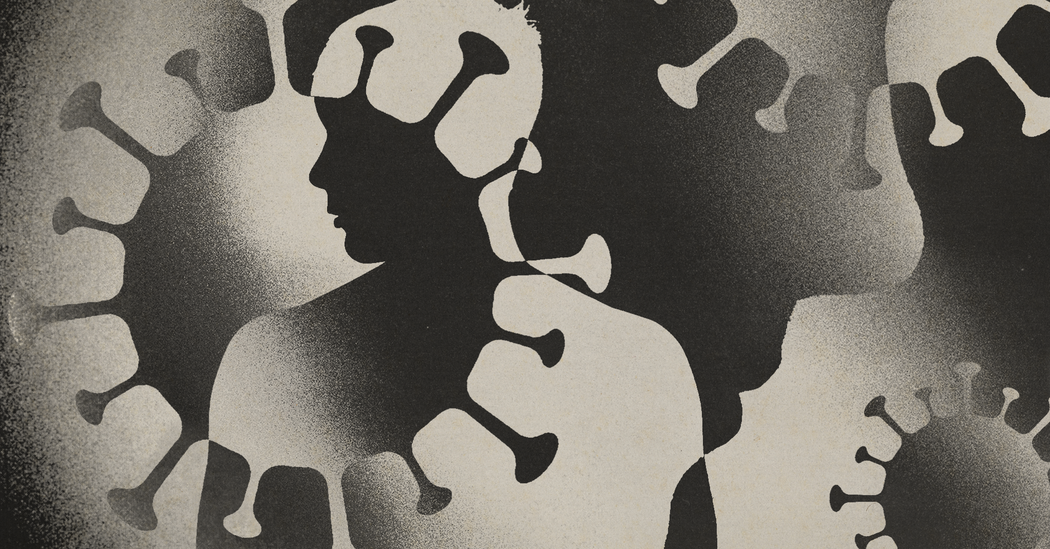People with psychiatric conditions are more likely to be hospitalized or die of the virus. Scientists have ideas about why that might be the case.
It’s been clear since the early days of the pandemic: People with mental illness are more likely to have severe outcomes from Covid. Compared to the general population, they’re at higher risk of being hospitalized, developing long Covid or dying from an infection.
That fact puts mental illness on the same list as better-known Covid risk factors like cardiovascular issues, chronic kidney disease and asthma.
When it comes to Covid risk, mental illness “shouldn’t be treated differently than you treat diabetes or heart disease or cancer,” said Dr. Ziyad Al-Aly, the chief of research and development at the Veterans Affairs St. Louis Healthcare System.
Scientists now have a better understanding of who is vulnerable. While research has linked a wide range of mental illnesses to worse Covid outcomes, experts generally believe that the risk is greatest for people with severe or unmanaged mental health conditions — suggesting that someone with schizophrenia, for example, is more likely to get sicker from Covid than someone receiving treatment for anxiety. They also have several hypotheses about why mental illness might make people more susceptible.
The Strain of Stress
Many mental health conditions can lead to chronically high stress levels. And stress sabotages the immune system, flooding the body with hormones like cortisol and adrenaline. Those hormones make it harder to produce certain immune cells that are crucial for fighting off illnesses.
“The whole system is not designed to be constantly activated,” said Andrea Lynne Roberts, a researcher at Harvard University who has studied the effects of mental health conditions on Covid outcomes. That’s why people with mental illness may be more vulnerable to viral infections in general, from the common cold to Covid.
